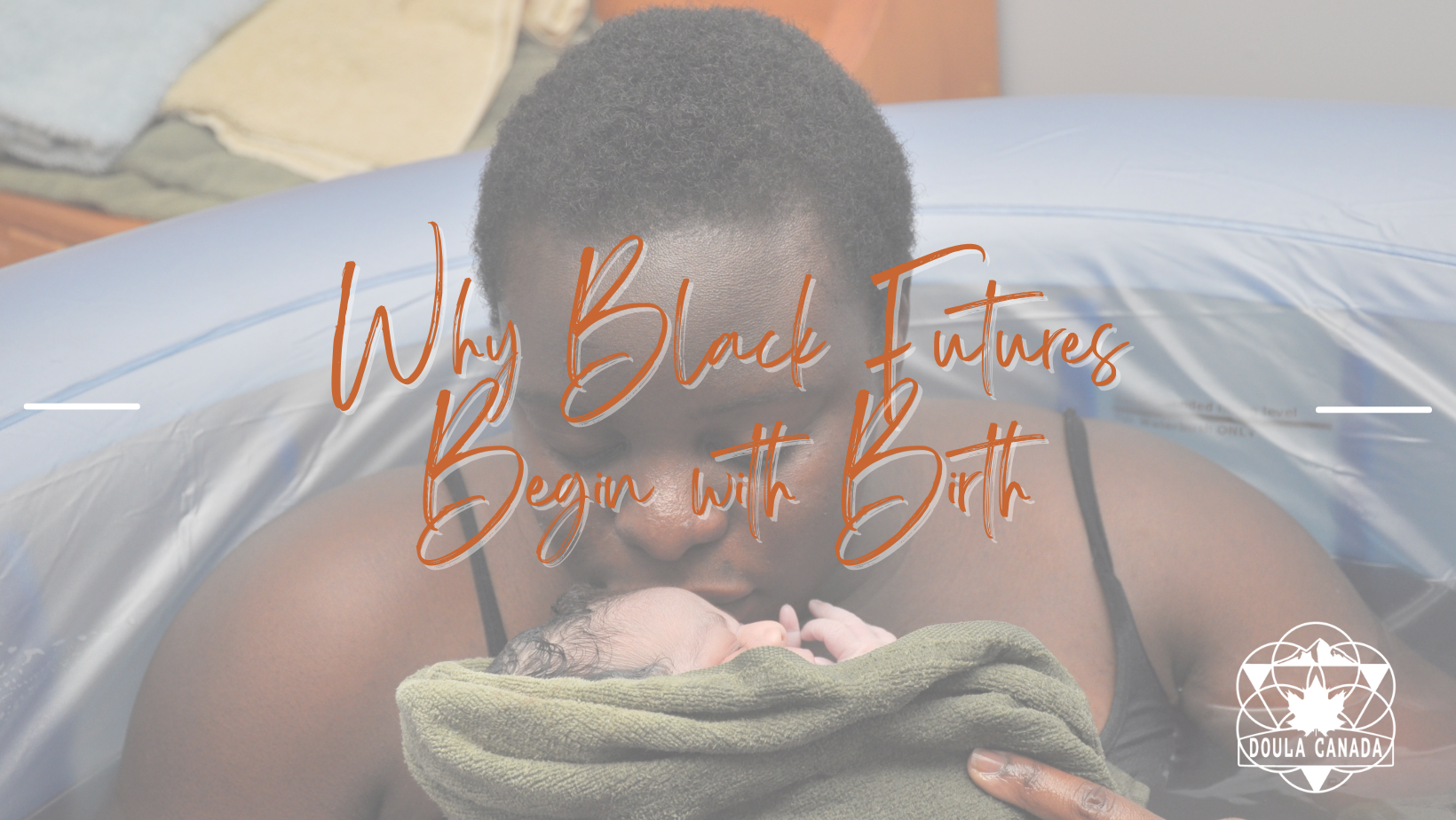[vc_row][vc_column][vc_column_text title=”2024 Medicaid & CHIP Beneficiaries at a Glance: Maternal Health” css=”.vc_custom_1718910346497{margin-bottom: 0px !important;}”]In the United States, publicly-funded healthcare is provided through Medicaid and CHIP (Children’s Health Insurance Program). These are joint programs of state and federal governments that provide health insurance to low-income people, children, people with disabilities, and pregnant people. These eligibility parameters mean that there are individuals who are eligible for coverage during their pregnancies and the postpartum period who are not eligible at other times. Medicaid finances 41% of births in the United States. Federal law requires states to provide coverage up to 60 days postpartum. A bill in 2021 gave states the option of participating in an extended coverage program offering coverage up to one year postpartum.

In May 2024, Centres for Medicaid and Medicare Services (CMS) released an infographic summarizing beneficiaries’ maternal health data. CMS collects demographic data on age, race and ethnicity, and geography. They collect outcome data on maternal mortality and severe maternal morbidity (SMM), underlying causes of maternal mortality, dental care access, postpartum contraceptive utilization, spacing between pregnancies, chronic conditions, timeliness of prenatal and postpartum care, smoking, behavioral health and substance use, neonatal abstinence syndrome, postpartum depression (PPD), preterm birth, and low-risk cesarean delivery. Additionally, they collect health system data on healthcare service provider distribution, state quality improvement activities, and state participation in an opt-in extended postpartum coverage program.
Key Take Aways
The data highlight key areas of disparity for Medicaid beneficiaries and provide an important road map for healthcare policymakers and system designers regarding where care could be enhanced. For example, the data show that Black birthers experience mortality 2.6 times more often than their white counterparts. This finding corroborates other research and supports advocacy efforts for publicly funded doula care as an intervention to reduce Black maternal mortality rates. Another useful observation is that birthers under the age of 19 experience higher than average rates of PPD (22% compared to an average of 17%). This suggests that in addition to universal PPD screening, additional attention should be paid to this group during the postpartum period.

This 9-page resource provides invaluable information to support US birthworker advocacy on expanded access to birth and postpartum doula care, freedom of provider choice and birth location, and mental healthcare. For birthworkers in Canada and other jurisdictions, it is an illuminating example of what can be learned from comprehensive demographic and outcome data collection practices.
Keira Grant (she/her) Inclusion and Engagement Lead – Racialized Communities
 Keira brings a wealth of experience to the Online Community Moderator role. She is a Queer, Black woman with a twenty-year track record in Equity, Diversity, and Inclusion (EDI) education, projects, and community building initiatives.[/vc_column_text][/vc_column][/vc_row]
Keira brings a wealth of experience to the Online Community Moderator role. She is a Queer, Black woman with a twenty-year track record in Equity, Diversity, and Inclusion (EDI) education, projects, and community building initiatives.[/vc_column_text][/vc_column][/vc_row]

